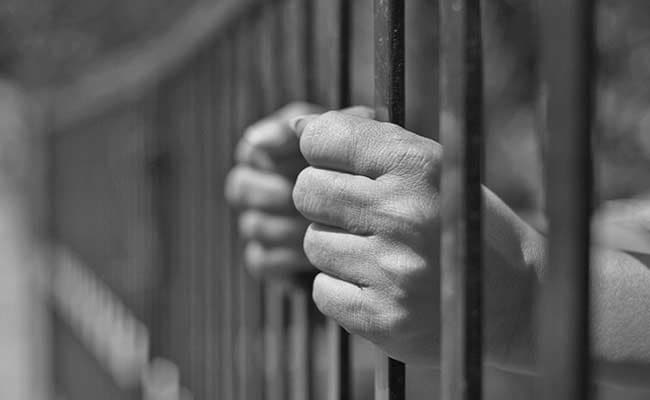
Kaderbhai Ali Asgar left India to find a place where he'd be able grow as a chemical engineer, landing in a country he believed was "the land of the free."
His dreams mostly held true as he and his family made their lives in Tampa, Florida, until November 2016, when they were on the verge of moving to Davis Islands, an upscale island neighborhood near the city's downtown.
Asgar and his wife had entered into a contract for a house in the area, and had scheduled a final walk-through of the property with the two sellers, Asgar's wife's parents, two realtors, movers and a cleaning person. Asgar, who is Muslim, was wearing a topi, a woven cap with religious meaning, and his wife and mother-in-law wore headscarves.
But after they arrived at the house, a neighbor, who law enforcement officials later identified as David Howard, walked toward the home, yelling at the seller and Asgar's family.
"This sale will not take place!" Howard yelled, according to court documents filed by federal prosecutors. "I will break all of your f---ing windows and I will burn your f---ing house down!"
He then said, "You are not welcome here!" and later asked a mover if he was "moving the dotheads in" and made insulting remarks about Muslims to neighbors, court documents said. The family canceled the purchase of the home as they no longer felt safe.
"This was such a shocking incident in our life that none of us can contemplate how we've gone through it," Asgar told The Post. "It's so much emotional, mental, psychological distress."
The case has come to some closure for Asgar and his family; Howard was sentenced to eight months in prison on Tuesday after pleading guilty to a criminal violation of the federal Fair Housing Act, civil rights laws dating to the 1960s that outlaws, among other things, threatening or interfering with another person's housing rights because of their race or religion.
Howard has also been ordered to pay $30,000 of restitution to Asgar, for the deposit that Asgar and his family lost when they canceled the closing on the home.
Asgar said that the sentencing brought some measure of relief to him and his family.
"We really feel that justice has been served and probably this will be a deterrent to people who think that they can take the law into their hand," Asgar said.
Asgar declined to provide details of the family's current living situation, but said that they are still looking for a new home.
Prosecutors wrote in documents filed in the case that Asgar and his family had been deeply shaken by the incident. Asgar "could not sleep for weeks," they wrote, and had trouble finding the words to explain what had happened to his two children because he did not want to give them the feeling of "powerless discrimination," that he felt, they wrote. The incident had made the family "think twice about expressing their faith and religion - an injury worse than any broken bone or destroyed property," prosecutors wrote.
Howard's lawyer, David Scott Boardman, did not return a request for comment. In court, Howard said he was dying from AIDS as he addressed the judge, according to the Tampa Bay Times. He blamed his actions on the testosterone supplements he was taking to combat weight loss for causing his outburst.
"I'm a good person," he said, according to the Times. "This incident just happened, and I wish I could undo it."
U.S. Attorney Maria Chapa Lopez said in a statement that "Crimes perpetrated against people because of who they are or what they believe simply cannot be tolerated."
Asgar has also filed a civil suit against Howard as well as another neighbor, his lawyer Randi Morales said.
The incident with Asgar came amid an uptick of hate crimes in 2016, which raised concern among anti-hate groups about what effect President Donald Trump's campaign and election, with its racially and ethnically charged rhetoric and policy initiatives, was having domestically. In 2016, about one in five of those hate crimes targeted a person's religion, a quarter of those Muslims. Attacks on Muslims had risen 67 percent in 2015, and then another 19 percent in 2016, making it the year with the highest number of hate crimes against Muslims since 2001, the year of the 9/11 attacks. The FBI has yet to release its statistics for 2017.
Of 1,094 bias-related incidents that the Southern Poverty Law Center tracked in the month after Trump's election, 134 took place at private homes, according to a report from the National Fair Housing Alliance, which it said raised concerns about whether bias crimes were bleeding into housing discrimination.
"At least with this message from the court and the Justice Department, we will feel more safer in searching for our new home," Asgar said. "This was a painful journey. So much emotional distress and many worries."
(Except for the headline, this story has not been edited by NDTV staff and is published from a syndicated feed.)
Track Latest News Live on NDTV.com and get news updates from India and around the world

